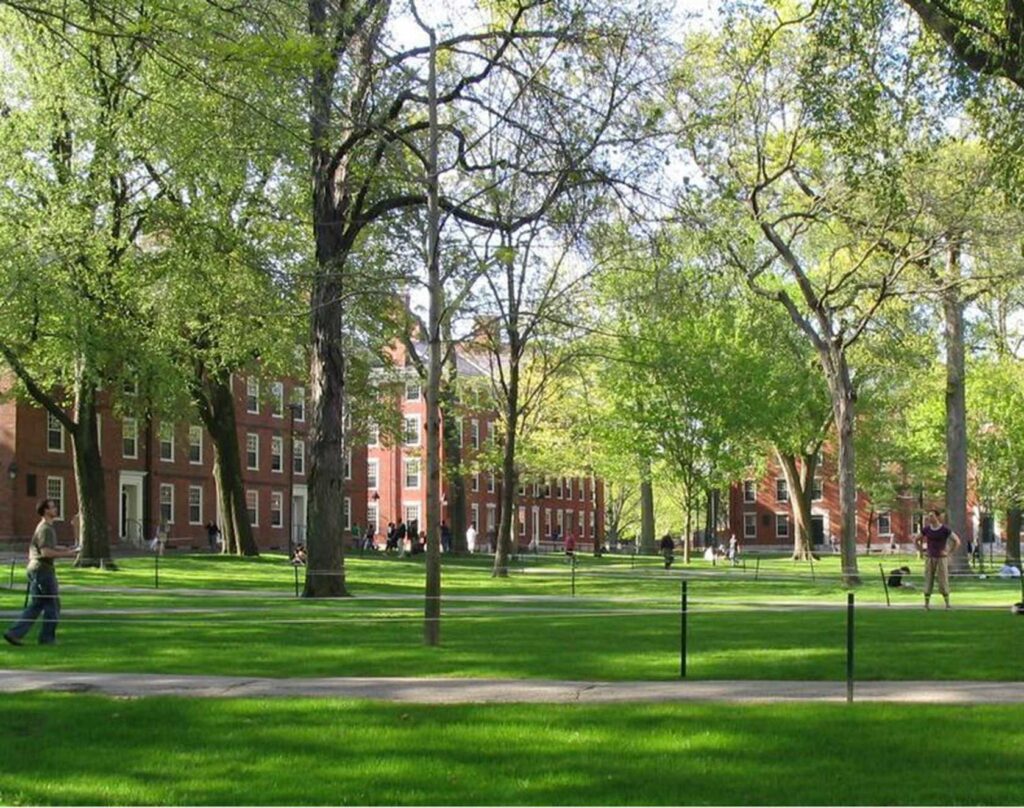After ban on race-conscious admissions, Black and Hispanic student applications are up

A landmark 2023 U.S. Supreme Court decision ended the consideration of race in college admissions. But one year after the ruling, research shows the number of students of color applying to four-year colleges has increased.
Colleges have seen a 9 percentage point increase in applications from Black students and a 10 percentage point spike in Hispanic students applying to four-year colleges compared to last year, according to the Common App, the country’s most widely used college application.
The numbers came as a relief to John King Jr., former U.S. education secretary under President Barack Obama and now chancellor of the State University of New York.
“I was very worried that students would take away the message from the Supreme Court that Black and Latino students are not wanted in higher education,” King said. “So I’m glad to see the application numbers are up. We will have to see what the numbers are for representation in the most selective institutions come fall.”
Final college enrollment numbers are not yet available, and the high cost of college could significantly affect students’ ability to attend the school of their choice. But the initial findings contrast with the predictions of major losses to diversity on campus following the Supreme Court’s 6-3 court ruling last summer.
As a result of the ruling, colleges said they would boost student recruitment in low-income high schools or find innovative ways to ensure that their campuses reflected the diversity of society at large.
“[Colleges] want to make sure they’re in compliance with the law. This is a particularly sensitive year,” said David Hawkins, chief education and policy officer for the National Association for College Admission Counseling. “But they want to make sure to minimize implicit bias and other forms of bias.”
Some colleges and universities have boosted their outreach by offering college courses to high school students to gauge their readiness.
That’s the work of the National Education Equity Lab, which has seen an uptick in interest from colleges since the ruling. The program has expanded to 31 states and 120 school districts.
“I think it’s important that colleges prioritize new pipelines of talent in lower-income, historically marginalized communities,” said lab founder Leslie Cornfeld. “And there are tools that exist to do that.”
The program has benefitted students like Marah Rigaud, an 18-year-old daughter of Haitian immigrants, who was accepted to Yale University this fall.
Rigaud has already completed rigorous college courses from selective schools like Georgetown University, Arizona State University and the University of Pennsylvania. She even completed a spring course from Harvard Law School titled “Intro to the U.S. Legal System.”
“It taught me that nothing is off the table and you can strive for anything,” Rigaud said. She wrote about her Haitian culture in her college essay.
“I referenced my church and how in our masses we don’t necessarily use English, we use French or Haitian Creole,” she said.
But getting into college and paying for it are two separate challenges.
Hawkins, at the National Association for College Admission Counseling, said problems with the release of the Free Application for Federal Student Aid have also “significantly complicated” admissions for the fall.
Colleges, including Hampshire and Emerson, have recently blamed federal delays processing FAFSA forms for lower-than-expected enrollment projections.
Only 44% of high school seniors filed the FAFSA by mid-June, down 12 percentage points from the same time last year, according to the National College Attainment Network.
“We’re holding our breath a little bit for the enrollment numbers to come through,” Hawkins said.
King, the former Obama administration official, said colleges could also end the practice of giving admission preferences to the children of alumni or scholarships for athletic recruits, particularly in sports like lacrosse, field hockey and water polo.
Colleges often benefit from donations from alumni who are also parents, giving their children an advantage others don’t have.
“If a kid is working at their parents’ bodega night after night, they’re learning an extraordinary amount,” King said. “And I would argue they are learning more than the student who is getting private coaching lessons and playing in a travel league.”
Since the Supreme Court decision, only a handful of colleges ended alumni “legacy” admissions, including Wesleyan University, Carleton College, Virginia Tech and the University of Pittsburgh.
Kirk Carapezza is the managing editor and correspondent for higher education at GBH News. This story was originally published by GBH on June 28, 2024.






